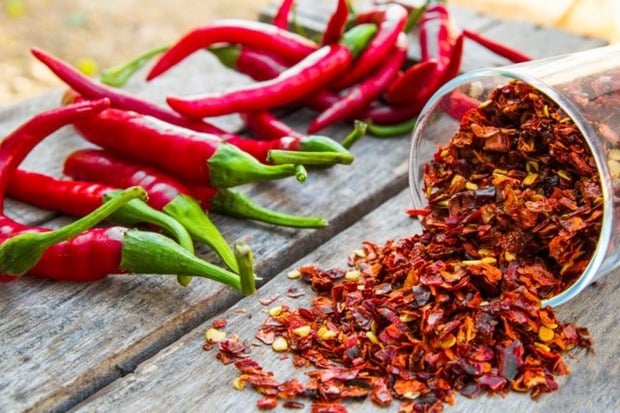1. Salt

but the first one runs out quickly
Salt is the most basic seasoning, but it’s a double-edged sword if used
excessively. Prolonged high salt intake can increase the risk of health issues
such as hypertension, heart disease, kidney failure, stroke, and even stomach cancer.
The World Health Organization recommends that adults consume no more than 6 grams
of salt per day, which is equivalent to a small teaspoon. However, many people
unintentionally exceed this limit due to heavy seasoning habits or the consumption
of processed foods and salty preserved foods.
A high-salt diet causes the smooth muscles of blood vessels to swell, leading to
faster blood flow and increased pressure on the vessel walls. This results in
abnormal spasms, making the blood vessels vulnerable to plaque buildup and blood clots.
Consequently, life-threatening conditions such as cerebral infarction, myocardial infarction,
and pulmonary embolism can occur at any time.
If you can’t reduce your salt intake immediately, consider substituting a portion
of the salt with light fish sauce or dried herbs like onion, garlic, coriander,
or natural spices with low sodium content.
2. Chili and Spicy Seasonings

they also pose health risks if consumed too frequently.
Spicy seasonings strongly stimulate the gastric mucosa, leading to inflammation,
gastroesophageal reflux disease, diarrhea, and even chronic colitis. Prolonged
excessive consumption increases the risk of stomach and esophageal cancer. For
those with allergic constitutions, hives, bronchospasm, and breathing difficulties
may occur.
Regarding blood vessels, the spicy flavor excites the nervous system, promoting
excessive blood circulation, which damages the blood vessel walls. High blood pressure
and increased blood lipid levels create conditions for blood clots to form. If
spicy dishes are also high in oil and fat, the risk of atherosclerosis is significantly
elevated.
Although there are no specific recommendations for chili intake, it is best to
exercise maximum restraint, especially if you have an underlying health condition.
Instead of the sharp spiciness of fresh chili, opt for the milder flavors of black
pepper, ginger, or cinnamon to balance your taste buds without harming your blood
vessels and overall health.
3. Sugar
White sugar, rock sugar, and brown sugar are familiar ingredients in braised and
stir-fried dishes, as well as desserts. However, excessive sugar consumption is
the culprit behind a series of chronic diseases, including obesity, diabetes, fatty
liver, enlarged liver, kidney failure, tooth decay, and pancreatic cancer. The World
Health Organization recommends that individuals consume no more than 25 grams of free
sugar per day, equivalent to about 6 small teaspoons.
When too much sugar is absorbed, the excess glucose accumulates in the blood, making
it thicker. This hinders blood circulation and increases the risk of atherosclerosis,
blood vessel blockage, and damage to the heart, brain, eyes, and kidneys. In particular,
the small blood vessels in the retina and kidneys are often the first to be affected,
leading to diabetic complications such as blindness and kidney failure.
To protect your blood vessels, gradually replace refined sugar with natural alternatives
like fresh fruit or plant-based sweeteners such as stevia.
































